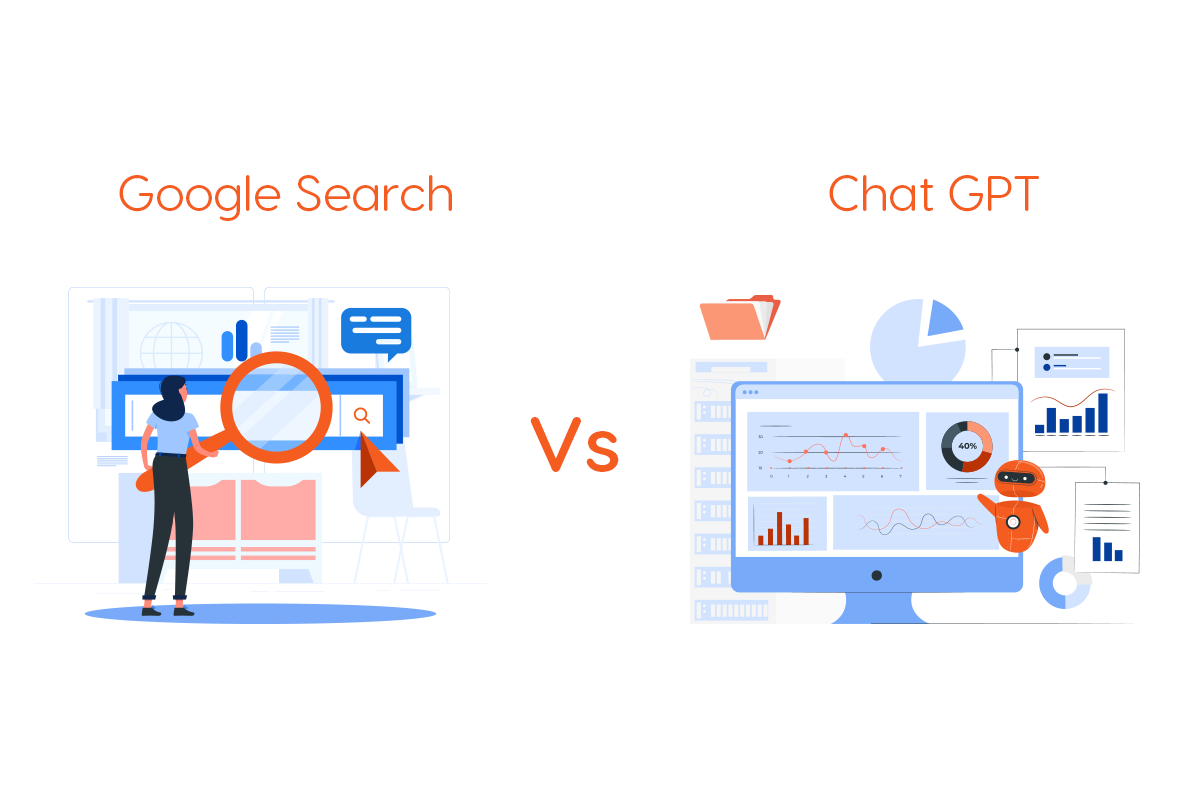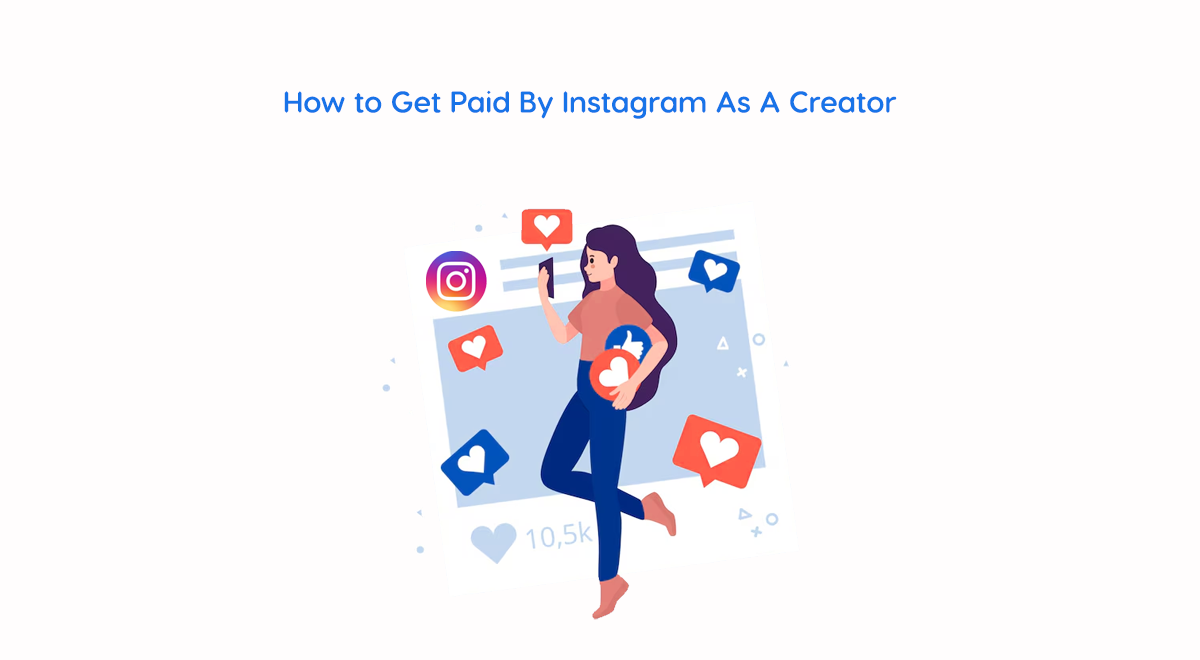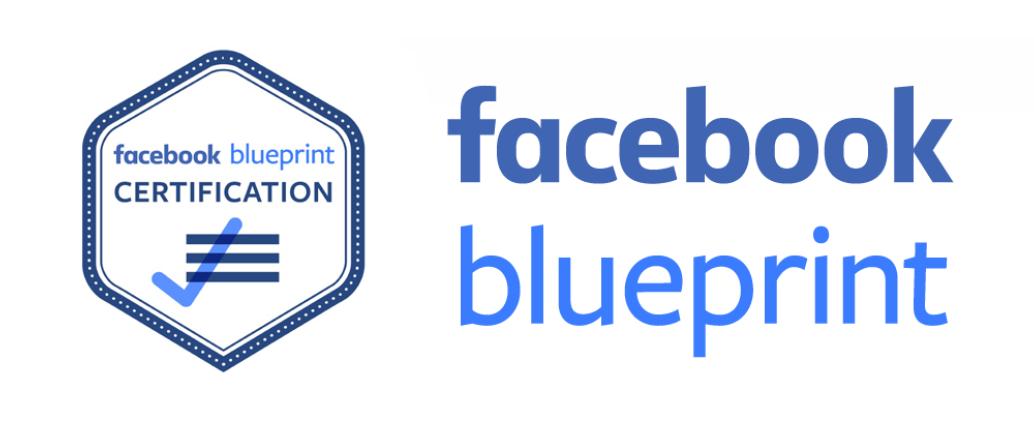It has been widely assumed that ChatGPT will have a killer app since Open AI published it. Online searches can be first on the list. Regarding Chat-GPT and AI, everyone has an opinion. Engineers and business people view it as a new frontier—a brave new world where they may create new goods, services, and solutions. Due to its ability to provide consumers with the information they require in an accessible manner, ChatGPT, an AI-powered chatbot, has taken the IT world by storm during the past few months.

Google Search Vs ChatGPT. How AI-based tool is a threat to the Search giant?
OpenAI developed the ChatGPT, a variant of the GPT (Generative Pre-trained Transformer) language model. ChatGPT is well-suited for conversation generation, text completion, and question-answering tasks. It is a neural network-based model trained on a large text dataset and can generate natural language text similar to human writing.
It can also be utilized for specific tasks or domains, such as customer service chatbots or language translation. One of the critical strengths of ChatGPT is its ability to understand and respond to context, making it suitable for conversational applications such as chatbots and virtual assistants.
The model can generate coherent and fluent responses to a wide range of prompts, making it possible to engage in open-ended conversations with users. ChatGPT is exposed as an API allowing developers to integrate the model into their applications quickly. It can be fine-tuned with a smaller dataset to improve its performance on specific tasks.
ChatGPT is a language model trained to generate natural language text, while Google Search is a web search engine used to find relevant web pages for a given query. While they are different in their primary functions, ChatGPT and Google Search can be used together to provide a more natural and conversational search experience. For example, ChatGPT can be used to understand and interpret user queries in a way that is similar to how a human would. This can make it easier for users to find what they want, even if their question is phrased in a more conversational or natural language. Once ChatGPT understands the user’s intent, it can then use Google Search to retrieve relevant web pages.
Additionally, ChatGPT can also create natural language summaries of the web pages returned by Google Search, making it easier for users to interpret the main points of the page quickly. This can be particularly useful for users looking for quick answers to their questions or searching for information on a specific topic. In short, ChatGPT can provide a more natural and conversational search experience by understanding the user’s intent and generating human-like summaries of the web pages retrieved by Google Search.
ChatGPT could be a threat to Google because it provides a more natural and conversational way for users to access information. It can understand and respond to user queries like a human, making the search experience more intuitive and efficient. ChatGPT can also learn from user interactions and improve over time, making it more accurate and relevant than traditional search engines like Google.
Another potential threat is that ChatGPT can be integrated into a wide range of applications and platforms, such as chatbots and virtual assistants, making it easier for users to access information without ever having to visit a search engine like Google. If users can find the information they need through ChatGPT, they may be less likely to use Google Search.
ChatGPT can be fine-tuned for a customer service chatbot by training it on a dataset of customer service interactions. This will make it more accurate at understanding and responding to customer inquiries and providing helpful information, making it more accurate and relevant than general search engines like Google.
ChatGPT can be considered a competitor to Google’s conversational AI models. Their models are based on advanced natural language processing and machine learning techniques. They are both designed to understand and respond to user queries in a way similar to how a human would.
Google has been investing heavily in AI and natural language processing. It has developed its own conversational AI models, such as Google Duplex, which is used in its Assistant to make phone calls and book reservations on behalf of the user. Google’s conversational AI models are also integrated into its search engine, making it possible for users to find information and complete tasks using natural language.
In short, both ChatGPT and Google’s own conversational AI models are powerful tools for understanding and responding to natural language queries, and they can be used for similar tasks. However, ChatGPT’s open-source nature and ease of fine-tuning may make it more accessible to a broader range of developers and organizations, leading to more competition for Google in the conversational AI space.
Bottom Line
AI-based tools like ChatGPT can potentially threaten search giants like Google because they can provide more natural and conversational ways for users to access information. ChatGPT can understand and respond to user queries like humans, making the search experience more intuitive and efficient. Additionally, AI-based tools can also learn from user interactions and improve over time, making them more accurate and relevant than traditional search engines. However, Google remains one of the world’s most influential and widely used search engines.




